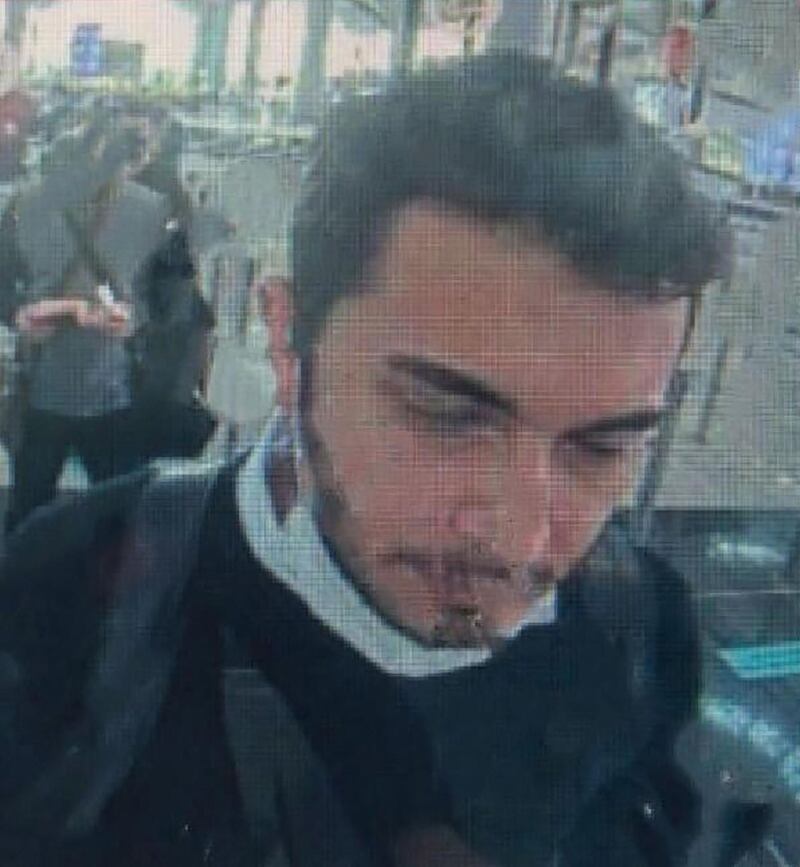One of Turkey’s largest cryptocurrency exchanges said it lacked the financial strength to continue operations, leaving hundreds of thousands of investors fearing their savings have evaporated as authorities sought to locate the company’s 27-year-old founder, who fled the country.
Confusion reigned about how many users of the Thodex exchange were affected and how much money was at stake. In a statement from an unknown location, Thodex Chief Executive Officer Faruk Fatih Ozer promised to repay investors and to return to Turkey to face justice after he did. The government moved to block the company’s accounts and police raided its head office in Istanbul.
Losses could be as high as $2 billion, according to Haberturk newspaper, and a lawyer for the victims said the money invested by about 390,000 active users had become “irretrievable.” Both figures have been disputed by Mr Ozer. About 30,000 users have been impacted, he said in a statement on the company’s website on Thursday.
While authorities and customers tried to work out the details of what happened, a senior official in President Recep Tayyip Erdogan’s office called for rapid regulation of the crypto market. Globally, the surge in the prices of digital tokens has been accompanied by convictions and regulatory measures after various scams tied to trading platforms.
The Turkish government should take action “as soon as possible”, Cemil Ertem, a senior economic adviser to Mr Erdogan, told Bloomberg. “Pyramid schemes are being established. Turkey will undoubtedly carry out a regulation that’s in line with its economy but also by following global developments.”
Thodex was part of the cryptocurrency boom that has drawn in legions of Turks seeking to protect their savings from rampant inflation and an unstable currency. Inflation hit 16.2 per cent in March, more than three times the central bank’s target of 5 per cent. The Turkish lira has weakened 10 per cent against the dollar this year, its ninth consecutive year of losses.
The government spent a massive $165bn in foreign exchange reserves over the past two years, Mr Erdogan revealed on Wednesday, part of a futile effort to prop up the national currency. Concern about the country’s dwindling foreign exchange reserves, which are negative when money borrowed by the government from private banks via swap agreements are factored in, has fuelled concern about both lira and dollar deposits – and pushed savers into alternative investment vehicles.
Last Friday, the volume of trade in Turkish crypto markets tripled to over $1.2bn from a week earlier, according to data published by coingecko.com, which tracks data on price, volume and market value on crypto markets. That compares with an average daily trading volume in the Turkish stock market’s benchmark index of about $3.1bn.
“One can establish a crypto exchange with just 50,000 liras (about $6,000) in capital,” Oguz Evren Kilic, a lawyer representing Thodex users, said by phone. “There’s a huge regulatory gap in this field.”
Mr Ozer didn’t respond to multiple calls to his mobile phone. The company’s call centre also didn’t pick up calls. Bedirhan Oguz Basibuyuk, Thodex’s lawyer, told Bloomberg he doesn’t know where Mr Ozer is but that he’s not in Turkey. Demiroren News Agency reported that he fled to Albania on Tuesday, publishing what it said was a photo of him at Istanbul’s airport.
Last month, Thodex initiated a campaign to boost membership by offering millions of free Dogecoins to new registrants. Its website says 4 million of the coins were distributed, though many people have taken to social media to complain they never received them.
“I was born as one of the three siblings of a civil servant,” Ozer said in his statement, adding that he’s a high-school dropout. As the company ran into financial trouble, he said he thought about either committing suicide or giving himself up to authorities, but both of those options meant clients’ assets would never be retrieved.
“So I decided to stay alive and fight, work and repay my debts to you,” he said. “The day I repay all my debt, I will return to my country and give myself in to justice.”







